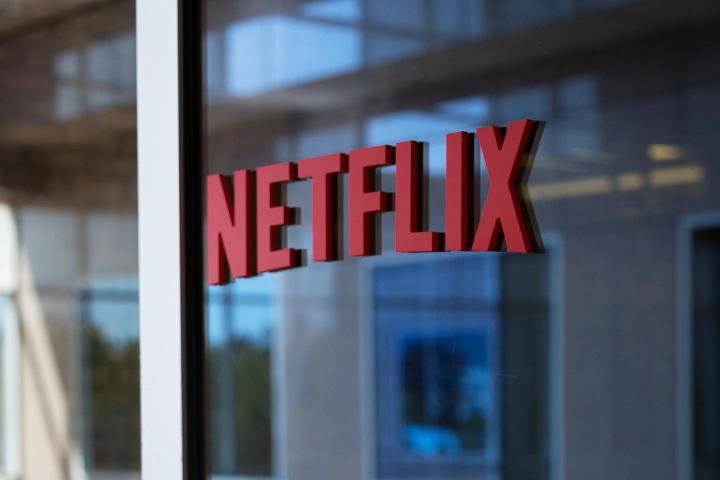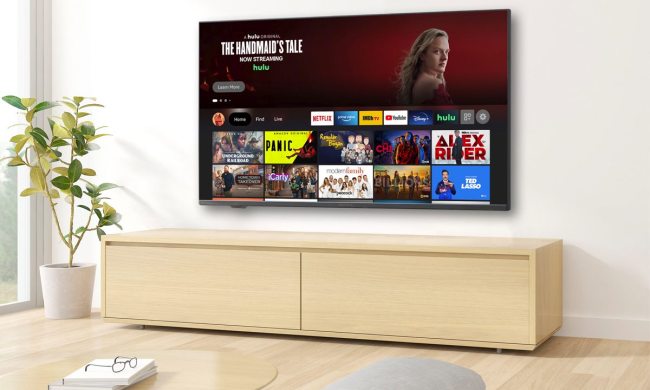
The telco, PT Telekomunikasi Indonesia Tbk., also known as Telkom, has reportedly blocked access to Netflix across all of its platforms. The decision, according to the majority state-owned company, was due to the fact that Netflix needed a permit to operate in Indonesia as a content provider and that it considers some of the streamer’s content objectionable. Telkom argued that Netflix’s content should have to be approved by the country’s censor board, referencing a 2009 law that applies to film.
“Netflix’s content should adjust to regulations in Indonesia,” said Arif Prabowo, Telkom’s vice president for corporate communications, in a statement. “We take this step to protect the Indonesian people.”
Be that as it may, it’s hard to imagine that the decision wasn’t also influenced by a desire to protect the company’s own business interests. Given that Telkom is the owner of a video on-demand service called UseeTV, blocking Netflix now seems like a defensive maneuver. Whatever Telkom’s motivation, though, the move has raised larger questions about how Indonesia will regulate Internet content.
Netflix has indicated that it is willing to adhere to Indonesia’s laws and regulations, but it believes that it doesn’t have to follow the same procedures as cable networks. A Netflix spokeswoman explained the distinction, calling the company “an Internet television network, not a traditional broadcaster.”
The company may be clear on how it defines itself, but the Indonesian government has yet to determine how its regulations will apply.
“We don’t have a regulation yet for ‘over-the-top’ content providers such as Netflix,” said Minister of Information and Communication Technology Rudiantara, referring to content delivered online. “These business models are often ahead of the regulation.”
The government will make decisions that will likely impact Netflix’s fate within the country some time in February. The decision of whether or not to restrict access will be a major one, considering that Indonesia’s population is the fourth largest in the world.


